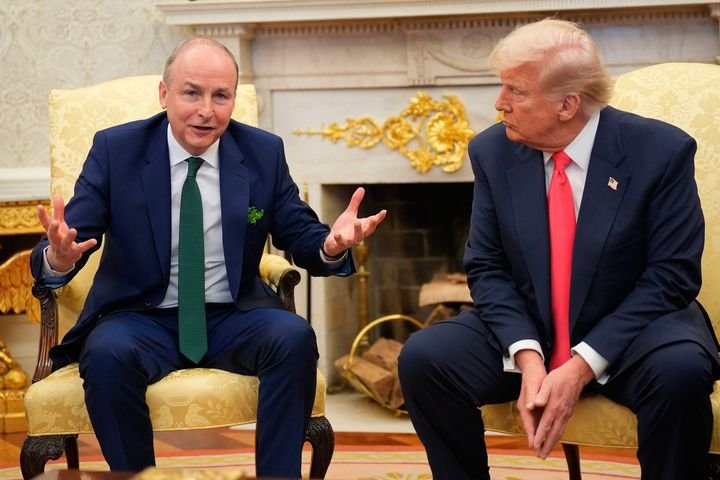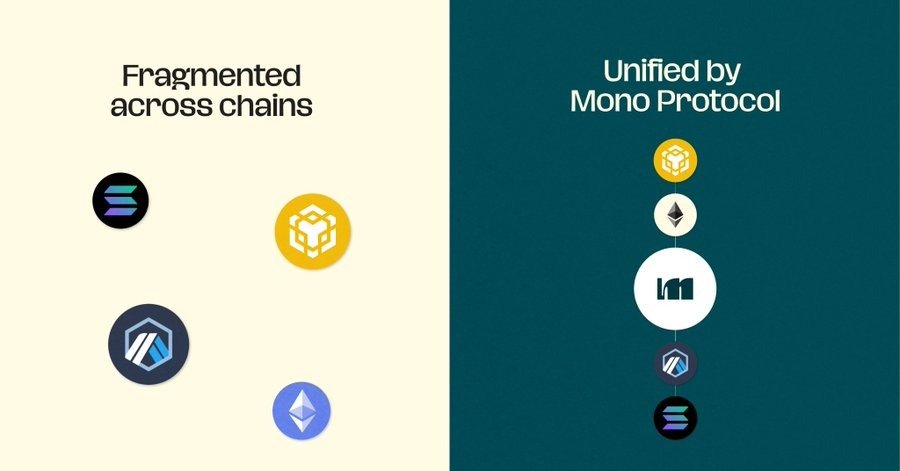How TikTok became a US-China national security issue
WASHINGTON – Depending on whom you ask, the short-form video app TikTok is where you watch goofy dances and make-up tutorials, or it’s a gravely sophisticated threat to US national security.
TikTok is owned by a Chinese company, ByteDance.
And because China is known to be interested in having its technology companies share the data they collect, TikTok’s ubiquitous popularity among Americans carries geopolitical implications far beyond the mobile phone screen.
What makes TikTok different from other social media sites?
Like US-owned social media platforms such as YouTube, Facebook and Instagram, TikTok collects all sorts of data about each user and, through an algorithm, uses that information to deliver more of what the person seems to want.
But TikTok is viewed as potentially the most advanced, and uncannily effective, at learning about your interests.
This is based on how long you stay with a video and whether you like, forward or comment on it.
Through its algorithm, the app delivers more of that to your “For You” feed.
Some people joke that TikTok’s “For You” knows you better than you know yourself.
That makes Chinese ownership of TikTok – the most salient difference between it and other social media, in the eyes of US critics – particularly worrisome.
So does this: American adult users of TikTok will spend an average of 56 minutes a day on the app in 2023, far more than on either Facebook or Instagram, according to researcher Insider Intelligence.
What are the biggest worries about TikTok?
The national security concerns involve hypothetical, though not implausible, scenarios in which China’s government employs its influence over ByteDance to turn TikTok into an instrument of harm against United States interests, through such channels as:
- Data collection. Along with what you seem to be interested in, TikTok learns your computer’s unique Internet Protocol (IP) address as well as – if you choose to let it – your precise location data and who is on your contact list. All that could be used to “develop profiles on millions of Americans” that could be used to blackmail them, Senator Marco Rubio of Florida and Representative Mike Gallagher of Wisconsin, both Republicans, wrote last November.
- Espionage. A 2020 executive order by then US President Donald Trump broached the possibility that China could use TikTok’s data to “track the locations of federal employees and contractors” and to “conduct corporate espionage”.
- Influence operations. US national security officials are concerned that TikTok could try to shape US public opinion by strategically suppressing or promoting certain videos.
Is there evidence to back up those concerns?
Last December, the chief executives of ByteDance and TikTok admitted that ByteDance employees had inappropriately accessed the IP addresses of American users, including journalists writing critical stories about the company.
The US Justice Department is investigating whether that amounted to improper surveillance of Americans.
While not involving TikTok specifically, there have been numerous reports in recent years abou
Be the first to write a comment.



